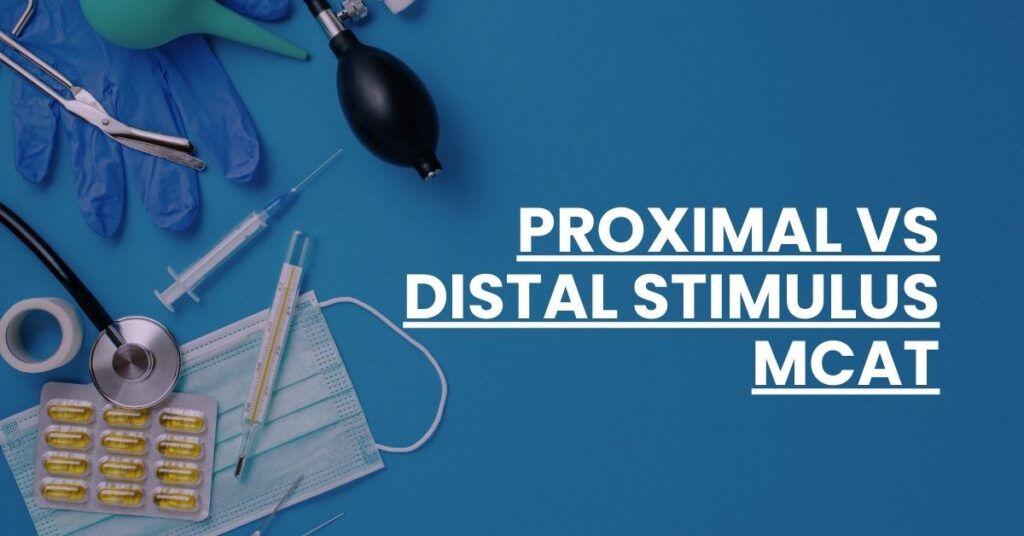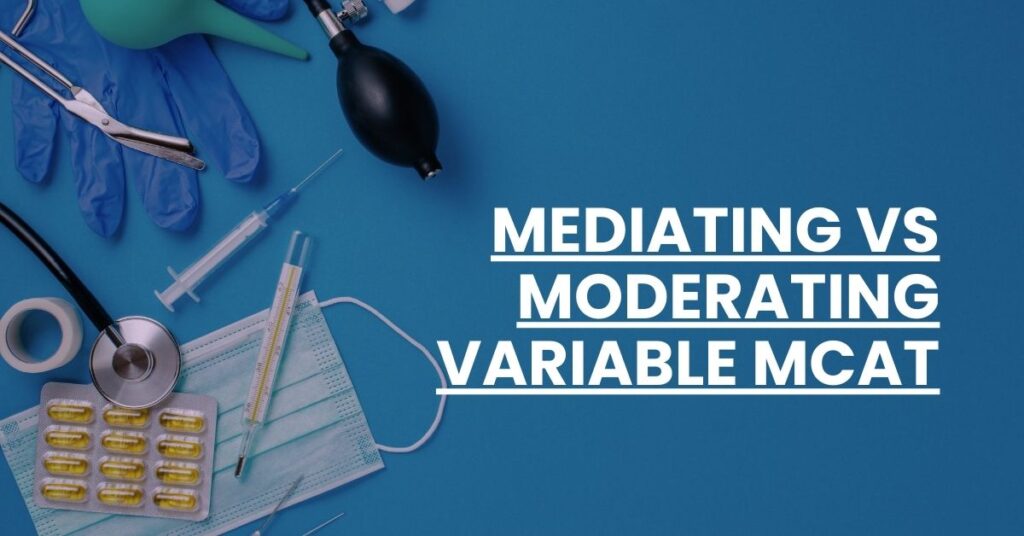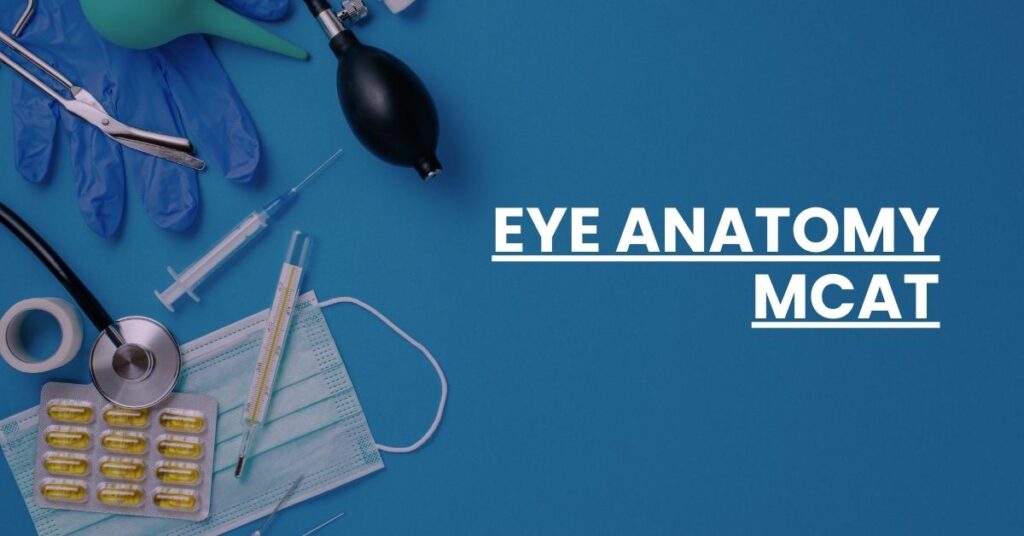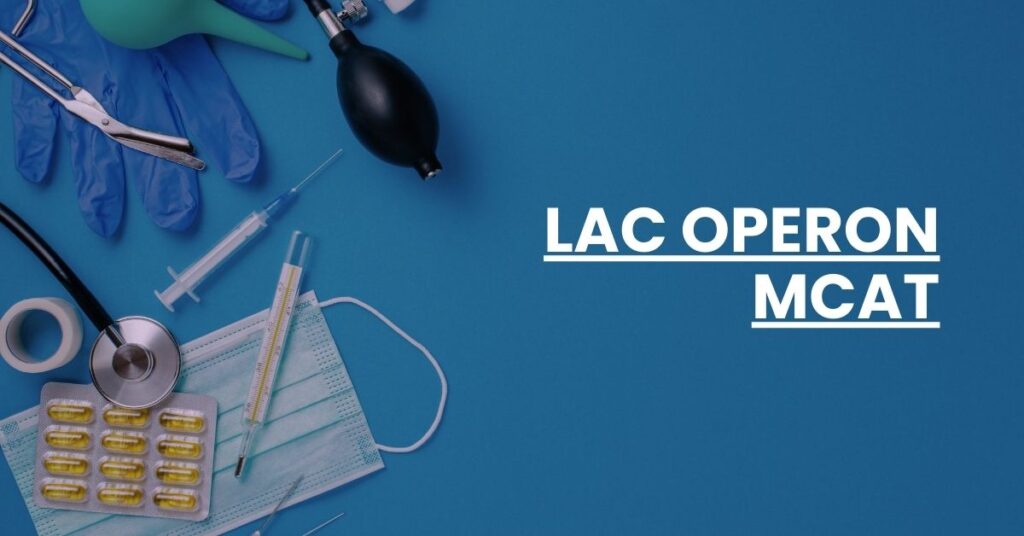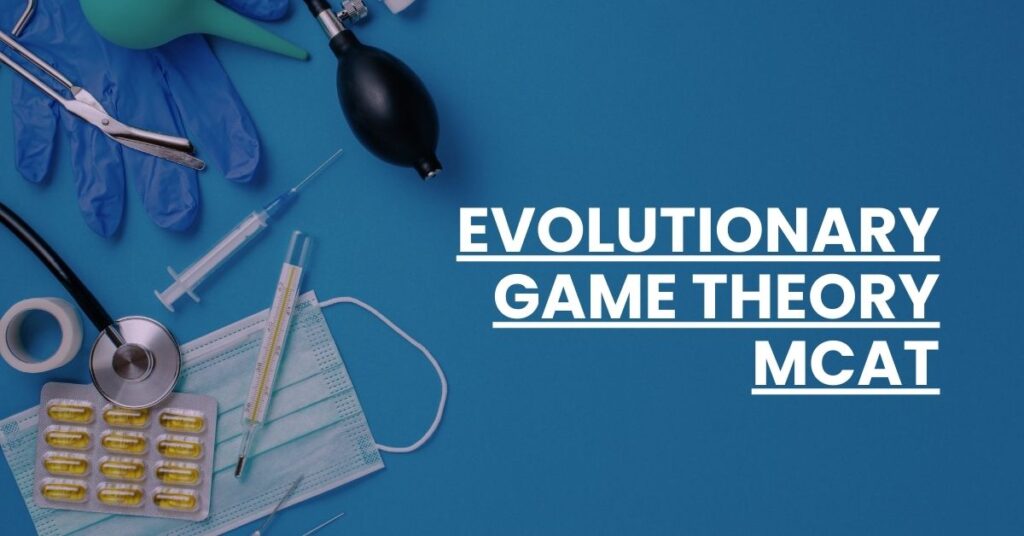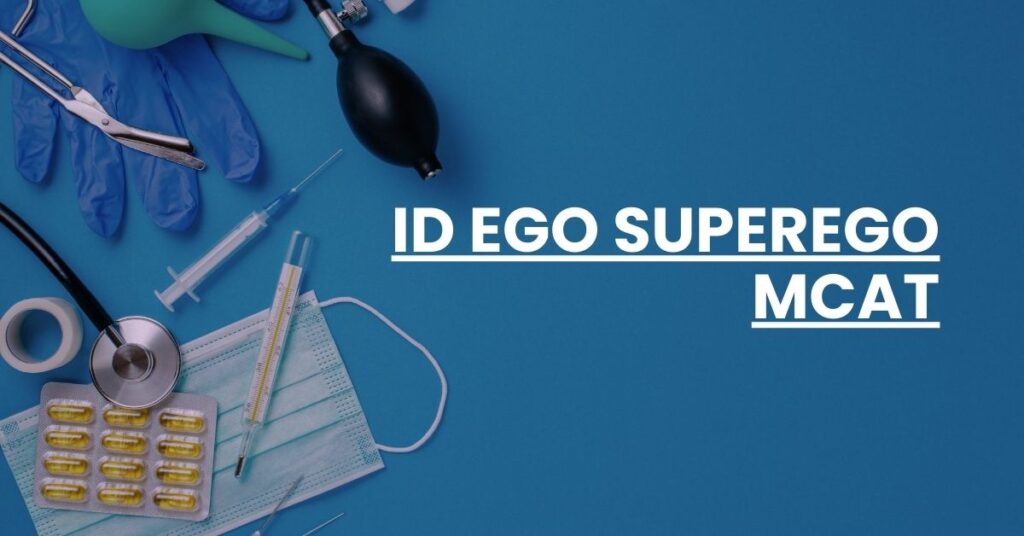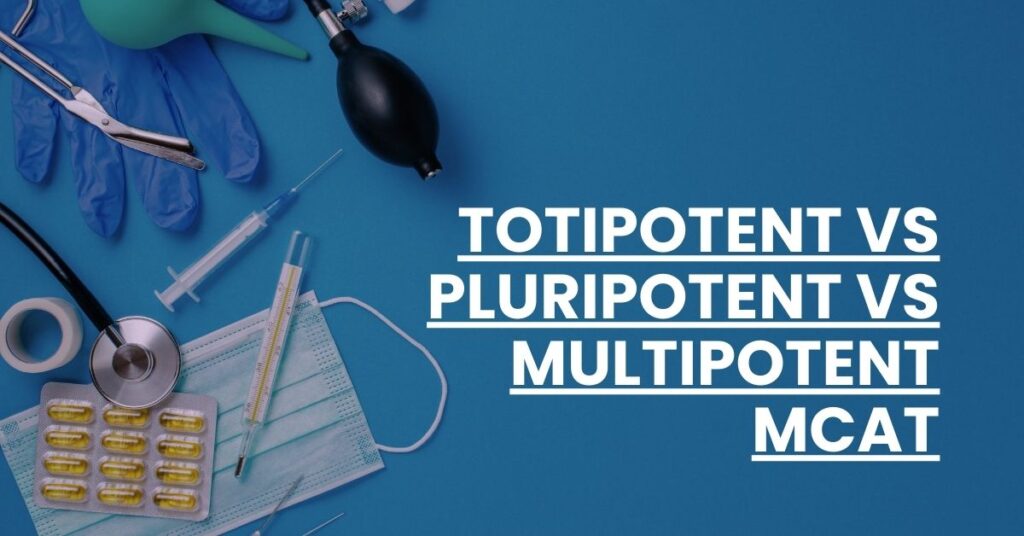Proximal vs Distal Stimulus MCAT
On the MCAT, understanding the difference between proximal and distal stimulus is crucial for grasping how we perceive our environment. The proximal stimulus refers to the patterns of stimuli from objects that make contact with our sensory receptors, while the distal stimulus is the actual object that is present in the environment and is the […]
Proximal vs Distal Stimulus MCAT Read More »
